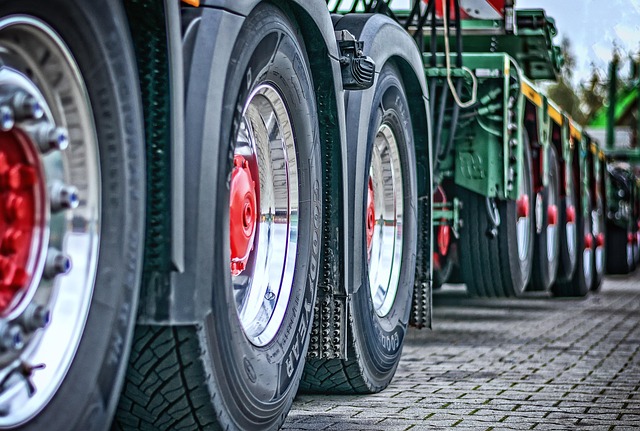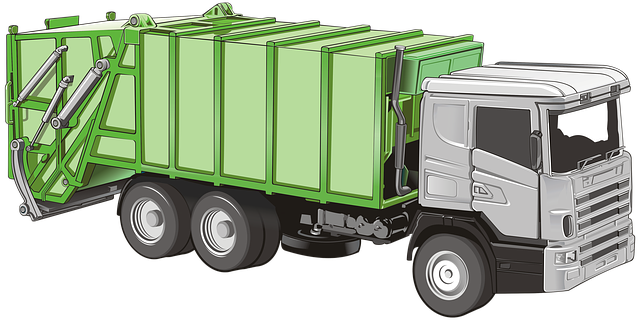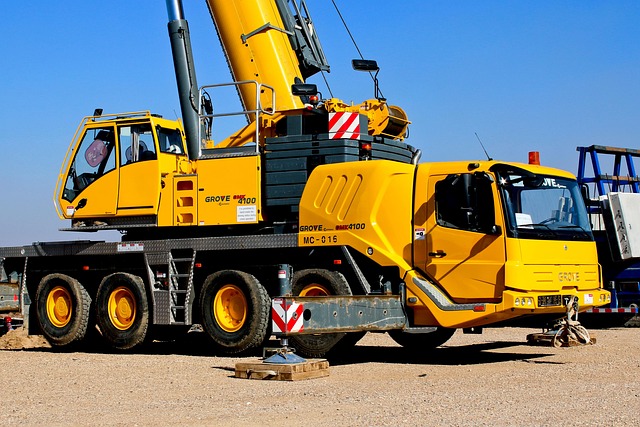Trucks are essential for global goods transport and vital services like food distribution and emergency responses, but their role in modern society comes with challenges. Long hours and fatigue pose health risks to drivers while community impact includes traffic congestion, pollution (air & noise), and environmental degradation from carbon emissions and water usage. Regulatory changes and technology aim to mitigate these issues, emphasizing the importance of balanced zoning, efficient logistics, and noise abatement for harmonious coexistence between trucks and communities globally.
“Trucks are an integral part of our daily lives, facilitating the transport of goods and services across communities worldwide. This article delves into the multifaceted impact of the trucking industry, exploring who is affected by its operations. From workers relying on these jobs to local communities experiencing economic growth or challenges, each segment is interconnected with truck transportation. Additionally, we expand our perspective to include environmental considerations, revealing the broader effects of trucks on our planet.”
- The Role of Trucks in Daily Life
- Workers and the Trucking Industry
- Communities and Local Impact
- Environmental Considerations: A Broader Perspective
The Role of Trucks in Daily Life

Trucks play an indispensable role in our daily lives, serving as the backbone of various industries and logistical networks. From transporting goods across vast distances to facilitating local deliveries, they are a ubiquitous sight on roads worldwide. In today’s interconnected world, efficient transportation systems are vital for maintaining economic growth and meeting consumer demands.
These vehicles come in diverse sizes and types, each designed for specific tasks. Whether it’s heavy-duty trucks hauling construction materials or smaller delivery vans navigating urban streets, they ensure the smooth flow of goods and services. The impact of trucks extends beyond physical goods; they also support essential services like food distribution, emergency responses, and even medical supply chains, making them a critical component of modern society.
Workers and the Trucking Industry

In the trucking industry, workers play a crucial role in keeping the vast network of highways and roads connected. They are often responsible for transporting goods across long distances, ensuring that essential supplies reach their destinations promptly. These professionals, who spend significant time on the road, face unique challenges compared to those in more traditional offices or factories. The nature of their work demands extended hours, often away from home, which can lead to physical and mental health issues.
The impact of their labor extends beyond individual well-being; it influences the efficiency and stability of the entire trucking sector. As a result, maintaining worker health and safety has become a priority. This includes addressing factors like driver fatigue, ergonomic concerns in cabins, and providing adequate rest stops to mitigate risks associated with long-haul trucking. The ongoing evolution of regulations and advancements in technology aim to support these workers while enhancing the overall efficiency of the trucks they operate.
Communities and Local Impact

In many communities, the presence of large truck operations can significantly impact local residents and their surroundings. These impacts extend beyond mere noise pollution; they encompass a range of issues that affect quality of life. Local businesses, for instance, may experience increased competition or disruption due to trucking activities, particularly in congested urban areas. Residents living close to major highways or distribution centers often bear the brunt of traffic congestion, air and noise pollution, which can negatively impact their health and well-being.
Furthermore, the constant movement of trucks through residential neighborhoods can create a sense of unease and safety concerns among community members. The accumulation of truck traffic also contributes to larger environmental issues, such as increased carbon emissions, which are detrimental to both local ecosystems and global climate efforts. These impacts highlight the need for balanced zoning practices, efficient logistics planning, and noise abatement measures to ensure harmonious coexistence between trucking operations and communities.
Environmental Considerations: A Broader Perspective

In discussing who is affected by environmental considerations, it’s crucial to expand our perspective beyond immediate landscapes and communities. The impact extends far and wide, affecting diverse sectors and populations, including industries heavily reliant on transportation like trucking. Large-scale truck operations contribute significantly to air pollution due to diesel emissions, exacerbating issues like smog and respiratory health concerns. Moreover, the noise from these vehicles disrupts ecosystems, particularly in habitats where animals are sensitive to sound changes.
Looking at it from a broader perspective, environmental considerations also delve into water usage and waste management. Trucks involved in long-haul transportation consume vast amounts of water for fuel cooling and cleaning, putting strain on already depleted resources. Additionally, the disposal of waste from these vehicles—from worn-out parts to used fuels—requires careful management to prevent soil and water contamination, affecting both local ecosystems and downstream communities.
Trucks play a vital role in our daily lives, impacting various sectors and communities. From facilitating commerce through the trucking industry to shaping local economies and environments, these vehicles are indispensable. Understanding who is affected by truck operations is essential for navigating the broader implications and ensuring a sustainable future where everyone benefits from efficient, safe, and eco-friendly trucking practices. By recognizing the interconnectedness of these issues, we can work towards a more balanced approach to trucking that considers all stakeholders.
